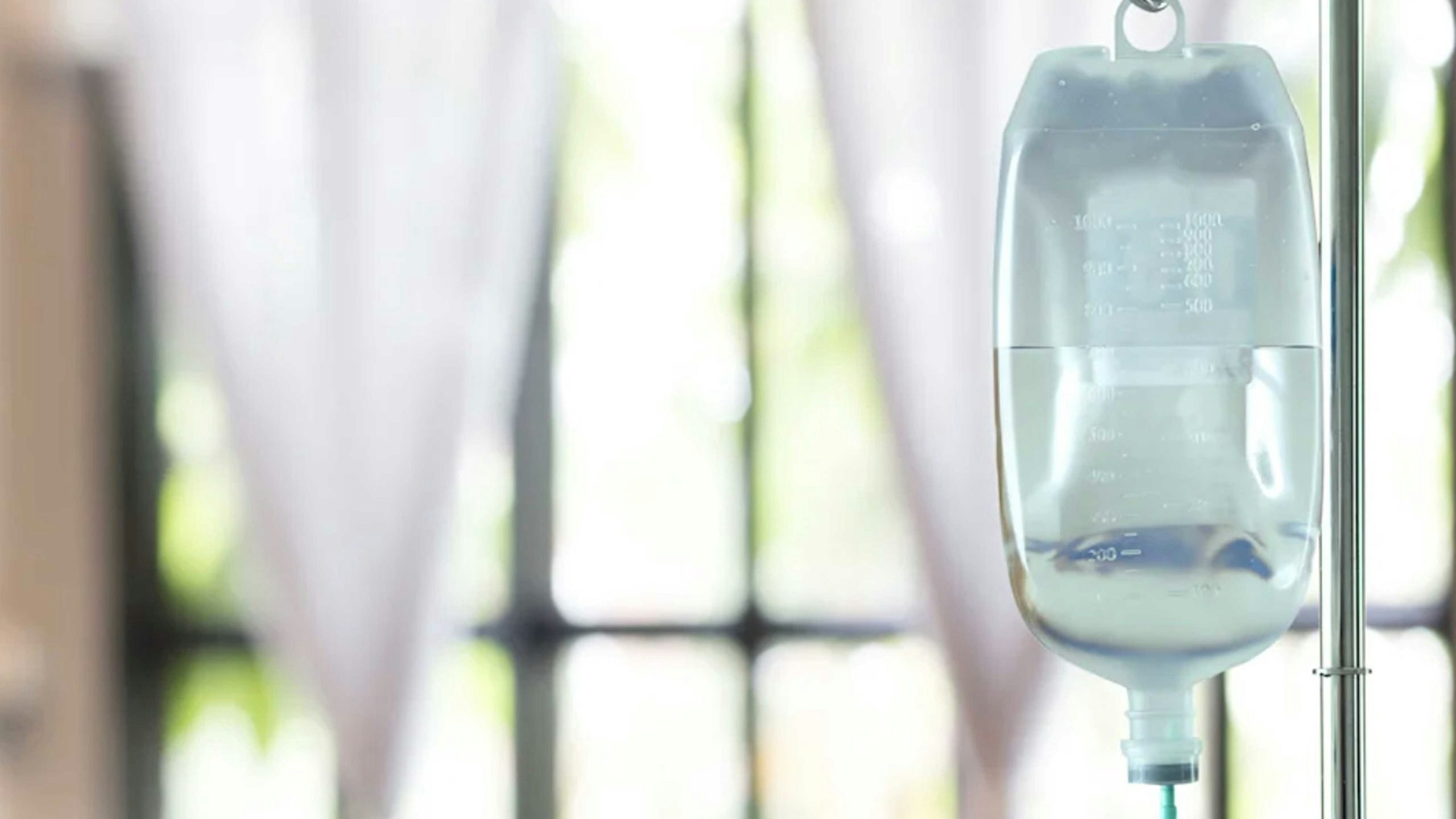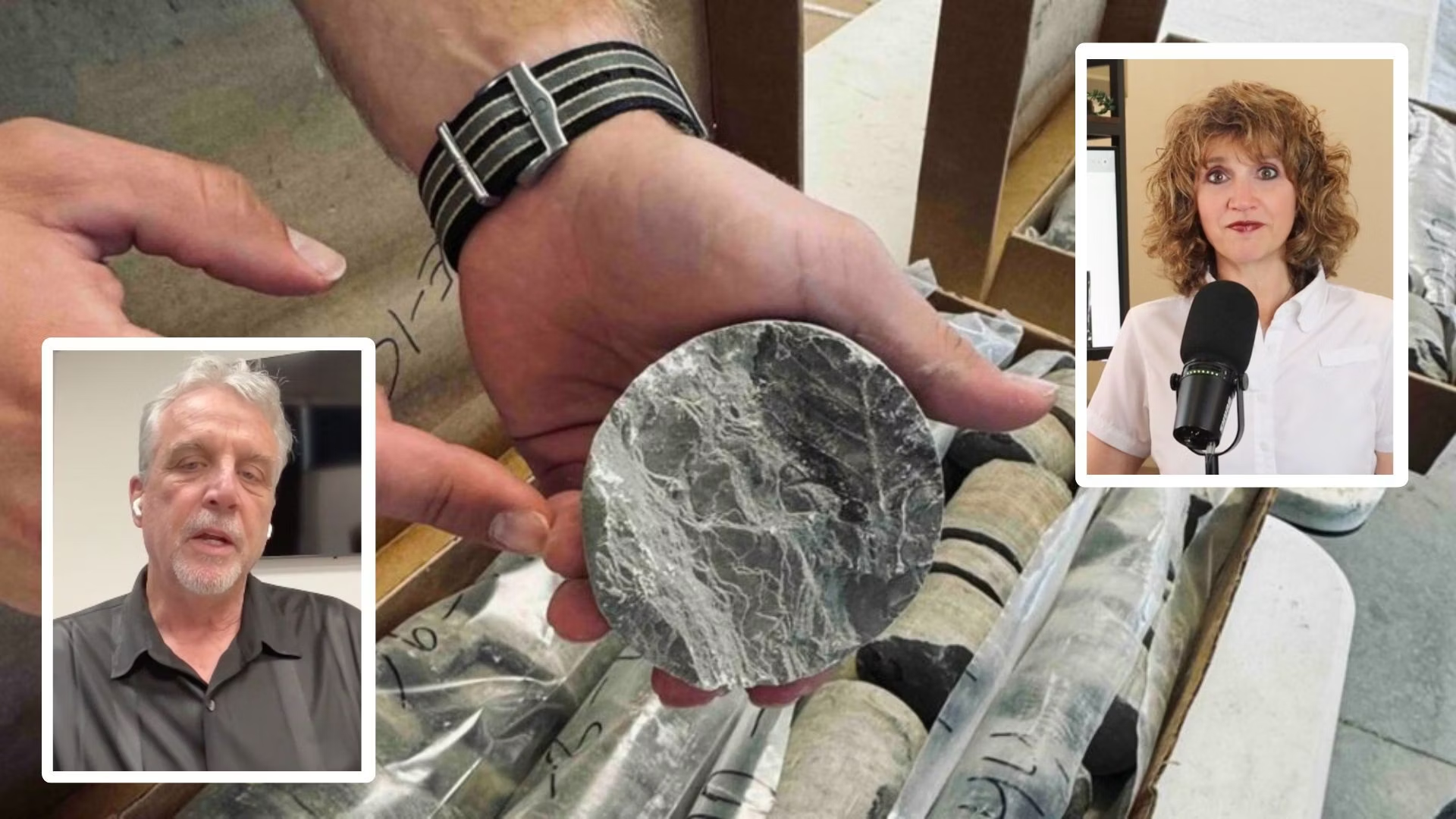By Joshua Wood, tourism/business reporter
josh@cowboystatedaily.com
Wyoming residents may not know it, but they might have more options to treat mental health problems than they realize. A drug used as an anesthetic on battlefields is now being used to fight another battle, one which is claiming more Wyoming lives per capita than in any other state.
Used in lower doses, Ketamine—an anesthetic with dissociative effects—can help with major depressive disorders and prevent suicide according to Harvard Health. Wyoming’s suicide rate is 31 per 100,000 people, making it higher per capita than any other state in the nation according to the Centers for Disease Control.
For more than two years, the Jackson Hole Ketamine Clinic has offered low-dose infusions of the anesthetic to patients who struggle with mental health or chronic pain. It is the first—and only—clinic of its kind in Wyoming and is operated by Aimee Recette and her business partner, Joseph Raboin.
A nurse anesthetist with 20 years of experience, Racette’s primary job is anesthesia at the surgical clinic in Jackson. Raboin is also a nurse anesthetist.
‘You Need To Do This’
Racette moved to Jackson four years ago. She fell in love with the community and wanted to find a business that would allow her to give back.
“I had some colleagues I used to work with in Denver that had started a ketamine clinic, so I went and shadowed them for a little over a year,” said Racette. “I thought it was going to be my colleagues that were going to talk me into starting a ketamine clinic.”
Instead, it was her colleagues’ patients and their families who encouraged her to open a similar clinic in Wyoming. Racette said patients told her how appreciative they were of the treatment and how it helped them.
“Seeing wives saying they were so happy to have their husbands back, they were the ones who were really saying ‘You need to do this for your state’,” said Racette.
When Racette met Raboin, she discovered he was also interested in opening a ketamine clinic. After some discussion, the two went into business together.
Helping Right Away
Wyoming’s first ketamine clinic opened just as Jackson was shut down by the pandemic.
“We were very nervous about that but it actually turned out to be a benefit to us,” Racette said. “COVID brought up so much depression and anxiety in people in our community that it was great that we were actually there to be able to help people starting right then.”
That was two and a half years ago. Now the ketamine clinic has appointments booked months in advance and sees patients from Jackson with other patients coming from Pinedale, Lander and even the neighboring states of Idaho and Montana, said Racette.
Relief With Ketamine
Ketamine itself isn’t a new drug. Along with being used as an anesthetic on battlefields and in operating rooms, it has also been used to treat patients with chronic pain and fibromyalgia.
According to Harvard Health, racemic ketamine—which is given as an infusion in the bloodstream—has been used as an off-label treatment for a type of major depression known as Treatment-Resistant Depression for the past decade.
This severe depression is not improved through conventional means such as traditional antidepressants, which can take weeks or months to become effective, according to news-medical.net. It can also be used for anxiety linked to depression, according to Harvard Health.
Studies have shown a low-dose infusion of ketamine can relieve symptoms of depression within hours.
It is not known exactly how ketamine works on depression other than its antidepressant effect where other treatments have failed. According to an article from Harvard Health, one way ketamine may work in addressing depression is through improving communication in the brain. Another way is through reducing signals related to inflammation, which has been linked to some mood disorders.
Racette said about 90% of the patients seen at Jackson Hole Ketamine Clinic are there for mental health. The other 10% visit for help with chronic pain.
“Most of our chronic pain patients are able to decrease the dose of the narcotic that they’re taking by about 75%,” said Racette. “They’re actually able to not have all the side-effects of the narcotic and that even helps with their mental health, not being beholden to opioids.”
In the case of mental health patients, Racette said the majority are those with Treatment-Resistant Depression. The clinic also treats Obsessive-Compulsive Disorder, Bipolar Disorder and Post-Traumatic Stress Disorder. Because depression and anxiety are the bulk of their mental health patients, Racette said most report they are able to stop taking their antidepressant or anti-anxiety medication.
“The majority of our patients report to us that they have felt better than they can remember ever feeling,” said Racette. “Most of our patients that have severe anxiety have trouble holding down a job, having relationships, or even just being able to find a ride to and from the clinic.”
Following their initial therapy, Racette said, patients return three to five months later completely different than when they first visited the clinic.
“They have a smile on their face, they’re talking about new relationships, rafting trips they’ve gone on with friends, a new job that they have,” said Racette. “It’s so rewarding to see how it just completely changes their life.”
How The Clinic Works
Potential patients can refer themselves to the Jackson Hole Ketamine Clinic, but the clinic will need confirmation from a medical provider of a mental health diagnosis. Because both Racette and Raboin are nurse anesthetists, they cannot make a mental health diagnosis.
A medical screening is also conducted to determine if ketamine will work for the patient. Some patients may have health conditions in which ketamine may be harmful rather than helpful, said Racette.
If ketamine is determined to be beneficial, patients will go through six 40-minute infusions over a two to three week period. During that time, said Racette, the only side effects are feelings of nausea or motion sickness. Some patients have reported feeling lethargic for the rest of the day following the infusion, but recover by the next day.
“After that time, patients come back on an as needed basis,” said Racette. “The majority of our patients come back for one infusion every three to five months but we also have patients that don’t have to come back for nine months or longer.”
The cost for infusions are out-of-pocket, said Racette. Insurance companies don’t yet cover ketamine treatments. While the clinic has been able to create a detailed invoice for patients to submit to their insurance provider for reimbursement with some success, she said it is dependent on the provider.
An Integrated Approach
While it is not required, Racette said the Jackson Hole Ketamine Clinic “highly recommends” patients are under the care of a therapist while undergoing their infusions.
“Those are our patients that have been most successful with the treatment,” said Racette. “When it’s an integration of eating well, exercising, doing talk therapy and having the ketamine infusion.”
There is one business in Torrington which also does ketamine infusions, but the treatment is one of multiple offerings from Wyoming Wellness Center. The clinic in Jackson is the only ketamine clinic in the state.
Though a search can bring up listings of other ketamine clinics in Wyoming—such as Lyman, Casper, Cheyenne, Gillette and Laramie—no physical addresses or phone numbers are provided. In the case of Clinic Ketamine of Lyman, potential patients would have to go to Texas for infusions.





